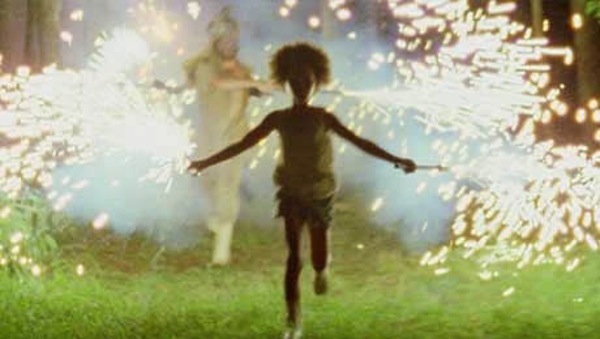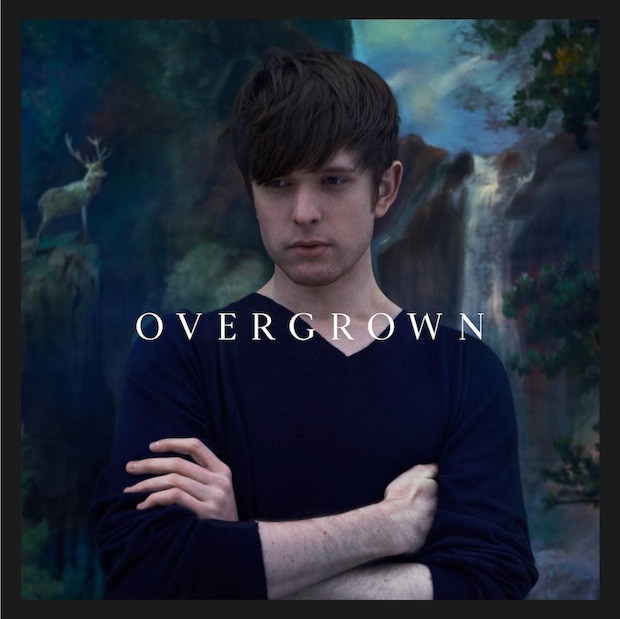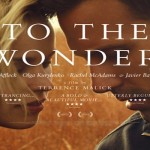Did you see The Master? I did, when it came out. It was disturbing, filled with a kind of psychological grit that I’m accustomed to seeing only in Swedish movies. The photography was incredible. I’m still haunted by the film’s recurring transition shot: a slow motion image of water churning in the wake of a boat. And Joaquin Phoenix? Amazing.
Beasts of the Southern Wild? It must have been the most humane and moving film of the year. The director is a 31 year old New Yorker who somehow managed to create the life-world of a five year old living in poverty on the gulf coast. The child can act! The story is unexpected, the images profound. Again, amazing.
But if we’re speaking of images, what about Wes Anderson’s Moonrise Kingdom? Didn’t you appreciate the way Anderson composes his shots? Every frame could be framed and hung on a wall. The composition, the coloring, the lighting—all perfect. Or the way his universes are perfectly designed to create an American comedy of manners, something no one else seems capable of doing (Whit Stillman’s attempts aside)?
I could go on. We are living in a cinematic golden age. I’m not sure that most people realize this. The Academy of Motion Picture Arts and Sciences doesn’t seem to. They’re stuck in the world of late 70s and 80s blockbusters, a world created by directors like Stephen Spielberg, James Cameron, and George Lucas, designed for easy consumption and minimal intellectual exertion. You come, you have feelings, you leave. End of story. Oh, there’s the occasional deep thought and sometimes that spark of contentious ambiguity, but Spielberg’s Hollywood never wants to tax the audience too much. The great Hollywood movie makes you forget that you are watching a movie. Through a steady staccato of cuts and constant mood music, the film merges seamlessly with your affective life and relieves you of consciousness for a few hours of bliss, punctuated appropriately by thrills and tears.
It takes courage to make a film that prevents the viewer from slipping out of consciousness, from forgetting the real relationship between himself and what he’s seeing. It takes courage because you have to have faith that an audience exists who will care to see what you’re showing them, what you’re saying to them. Take a look at this clip from Ingmar Bergman’s Winter Light. Ingrid Thulin’s character stares straight at us, and her monologue strains our attention—it is so steady and intense. There are very few cuts. We have to recognize that we are watching a spectacle, and that this spectacle is constructed out of a series of signs meant to signify something to us. Ingrid Thulin endured the gaze of the camera for those raw ten minutes in order to convey to us a possibility present in human nature. We are not displaced easily into her mind, or the mind of the pastor she addresses. To go there would be painful and awkward. But we can watch her and know her, think of ourselves a moment, and ask what all this means. Watch the scene, and ask yourself whether there isn’t more talent and content in those bare ten minutes than in all of Ben Afleck’s Argo.
There are many great films out there that force these questions on us. Oddly, many of the films executed with the greatest skill (in acting, photography, writing, editing) seem to demand that we remain aware of the fact that they are films, and that we keep our distance. “I am worth beholding,” they tell us, “do not forget me for the sake of some escapist thrills.” The films that are best at conveying what it is to live or be in the world are like this: Terrence Malick’s Days of Heaven, Fellini’s La Strada, or above all Andrei Tarkovsky’s Andrei Rublev. The distance these films demand of viewers forces us to sacrifice some of our egotism and listen to the filmmakers speak. It is in difficult films, like Ikiru or Cries and Whispers or Yi Yi that the best in us can be engaged and enriched, because they demand patience and thought and do not simply indulge the passions. In learning to sacrifice the immediate arousal of our emotions for the pursuit of truth, we allow these mere spectacles to become something more: partners in thought and conversation that stay with us long after we have seen them.

















